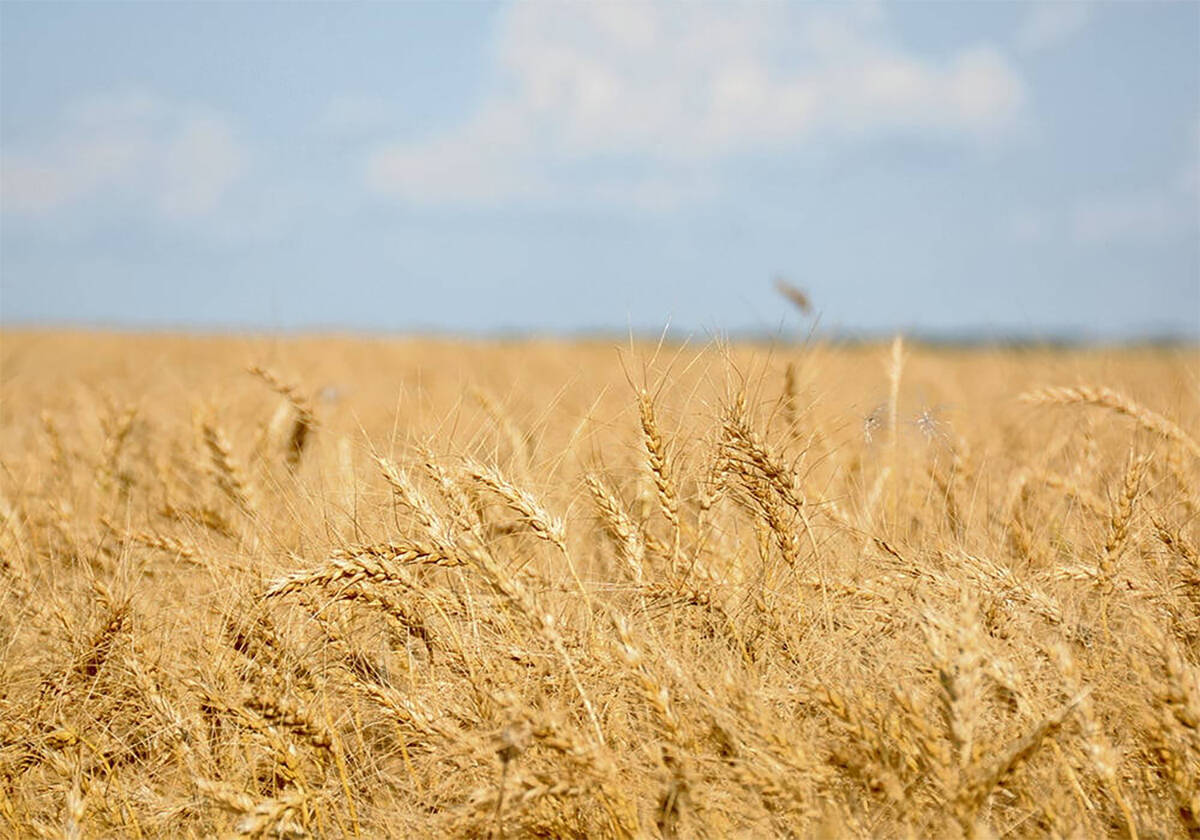Just under a year after Peepeekisis Cree Nation’s settlement with the Canadian government over the File Hills Colony forced farming scheme, the federal government has made a formal apology.
Operating from 1898 to 1954, the File Hills Colony scheme involved what the government today describes as the “involuntary relocation” of graduates from residential schools and industrial schools in Saskatchewan and Manitoba to Peepeekisis Cree Nation’s lands in southeastern Saskatchewan’s Qu’Appelle Valley.
Read more: Reconciling the painful past creates hope for a more promising future
Read Also

Prairie Wheat Weekly: Cash prices mostly higher
Western Canadian cash prices for spring wheat were mostly higher and those for durum were a pinch lower for the week ended Feb. 17. A firmer tone United States wheat complex offered support, as did the Canadian dollar which lost six-tenths of a cent on the week.
Montreal MP and federal Crown–Indigenous Relations Minister Marc Miller delivered the apology at the Nation on Aug. 3.
“Canada’s apology to our Nation and our people, can allow us to move forward on our path to healing our Nation and becoming one people of Peepeekisis,” Peepeekisis Cree Nation’s Chief Francis Dieter said.
“On behalf of the government of Canada, I am truly sorry for the harm, trauma, and significant loss in agricultural land the community of Peepeekisis Cree Nation has experienced due to Canada’s role in the File Hills Colony scheme,” Miller said.
The colony scheme was set up by the region’s Indian agent, William Morris Graham, with the aim of preventing the Indigenous graduates of residential and industrial schools from reverting to traditional lifestyles.
Hand-picked graduates, many of whom had no connection to Peepeekisis Cree Nation, were sent there to farm on land the government now says was “arbitrarily allocated” to the scheme with no consent from — or compensation to — the Nation.
The graduates were encouraged to adopt a colonial homesteader lifestyle, according to Peepeekisis Cree Nation. They also lost band membership at their home reserves and “were not permitted to have contact with those who adhered to traditional culture or to engage in cultural ceremonies.”
Meanwhile, original band members displaced from their homes by the scheme were “deprived of any use of their communal lands so the graduates could live and work there.”
The social divide that the scheme created between original band members and the new placements had “longstanding impacts,” Peepeekisis Cree Nation said, including a “loss of identity (which) persists on both sides today.”
Officially, File Hills Colony was “touted as a model” for school programs, but the reality “was much darker,” the Nation said. The colony was removed in the mid-1950s following legal action.
Settling a specific claim the Nation first filed in 1986, the federal government on Aug. 10 last year formally announced a negotiated settlement in which Peepeekisis Cree Nation is to be provided with $150 million in total compensation, including the option to acquire up to 18,720 acres of land.
The settlement comes after the specific claim made its way through federal courts over the following three decades, before landing at the federal Specific Claims Tribunal in 2017.
“Moving forward this settlement agreement will allow our community to close this unfortunate chapter in our shared history, heal and prosper for our future generations,” Dieter said in a separate government release last August.
“We cannot change the past, but the resolution of this specific claim provides us with the opportunity to move forward together within Peepeekisis Cree Nation and with Canada.”
“In creating and implementing the colony scheme, Canada breached its fiduciary duty to the Nation by failing to protect the Nation’s interest in (the allocated farmland) and not providing any compensation to the Nation,” the government said last August.
“The historic and ongoing harm that the colony scheme caused to the Peepeekisis Nation created community divisions and animosity between families and members. The legacy of the colony scheme continues to impact the Nation to this day.”
In last week’s release, the government said it “will continue to work alongside Peepeekisis Cree Nation to build the relationship between our two nations for the benefit of all Canadians.” — Glacier FarmMedia Network


















